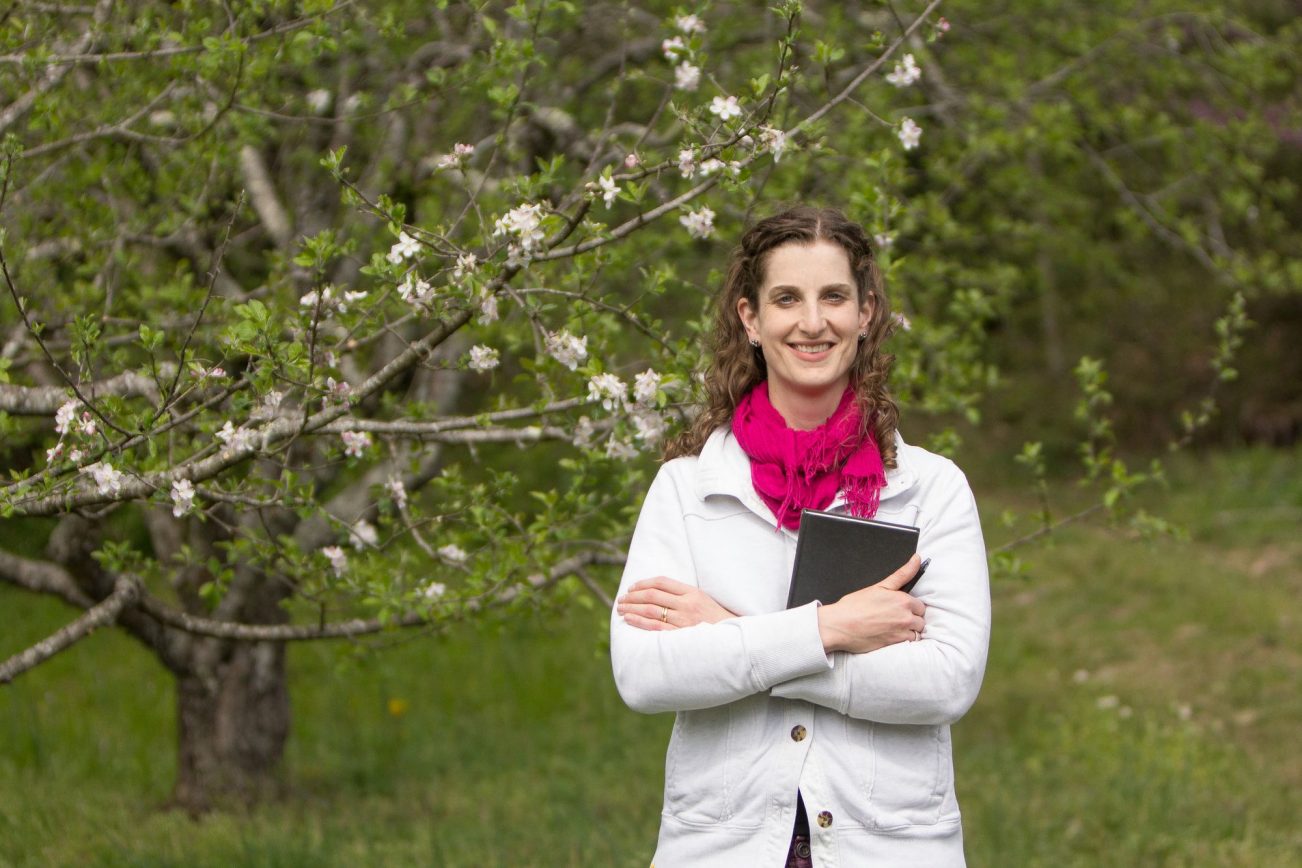Have you ever felt like you knew a piece of your writing wasn’t quite right, but you just didn’t know why? Have you ever been determined to revise, but unsure what to “fix”? Have you ever felt paralyzed by your own revisions, worried that one “wrong” change or edit could ruin your chances of publication? Or maybe you piddle and fiddle with the same pages over and over, refining and reworking, but avoid making deeper changes and progressing to true completion.
Whatever the case, if you answered “yes” to any of these questions, you are not alone. Not only that, you are completely “normal” as a writer. This tough spot is a milestone, not a stopping point. It means you have reached the point where you need the next set of tools for attaining confidence and discernment in your creative process as a writer. It’s time to leap off the hamster wheel of workshop feedback and obsessive “editing” and into the deeper work of finding out what’s under the under of your sentences. Turn your work from subjective to universal, and formulate your own definition of success while you’re at it.
Of course, there’s no way to completely dispel doubt or uncertainty in the writing life. But ten years as an editor for four different literary magazines, and another 10 years as a mentor to serious writers, has taught me that this stage is a crucial turning point. Either stay on the hamster wheel or get off and become the next best iteration of the writer you long to become. Let your manuscript find its next best iteration, too. How? By applying thinking to language as a method to coach yourself and become your own best editor, for life.
Here’s the short version of what that means: All writing is decision-making. This is the invisible, creative, intangible work that rarely gets celebrated, and it is absolutely essential to our success. But decision-making can be so slippery; we make far more decisions in our minds, even before words meet the page than most of us realize. And the long version–actually slowing down and naming what we’re deciding, and why, can unlock a writer’s ability to find confidence and discernment in their own process. Because I was stuck in this space for too many years, without the right tools to make the leap, I have become passionate about empowering others with concrete tools and gentle accountability to get them where they need to be, faster, and with a level of dignity and craft that will serve them not just for their current project, but for every writing project that follows.
In the Deep Revision class I’ll be teaching for 49 Writers this spring, we talk about thematic and developmental revision, sentence-level revision, and structural revision and I give you three concrete tools to use in class. We’ll go deeper into what decision-making looks like in real time, and how we can use guiding questions like those shown in the video, in tandem with the hard craft skills I’ll teach, to become our own best editors.
I’ll also share, and you’ll practice, each technique using excerpts from your own work in progress. Understanding the joys of revision is the combination of doing the intangible inner work and applying the learned external skills. You have reached the point where you have the next set of tools for attaining confidence and discernment in your creative process as a writer. Deep Revision is designed so you’ll come away re-invigorated and ready to re-vision your work.
You can get started now by watching a video I made on what to ask when seeking feedback. The four questions I pose are expressed as though you are asking fellow readers to consider your project, however, you can use these questions to start making decisions for yourself, on your own, right now. From there, if you don’t experience more confidence or discernment in at least one area of your writing, email me, and let’s talk further. And if you do? Consider Deep Revision so we can bring hard skills to the page together, as you consider what your writing is really trying to say, and the most efficient and rewarding way you can say it.
Katey Schultz is the author of Flashes of War, which the Daily Beast praised as an “ambitious and fearless” collection, and Still Come Home, a novel, both published by Loyola University Maryland. Honors for her work include North Carolina’s Sir Walter Raleigh Award for Fiction, the Linda Flowers Literary Award, Doris Betts Fiction Prize, Foreword INDIES Book of the Year award, gold and silver medals from the Military Writers Society of America, the Chicago Writers Association Book of the Year award, five Pushcart nominations, a nomination to Best American Short Stories, National Indies Excellence recognition, and writing fellowships in eight states. She lives in Celo, North Carolina, and is the founder of Maximum Impact, a transformative mentoring service for creative writers that has been recognized by both CNBC and the What Works Network. Learn more at www.kateyschultz.com.

